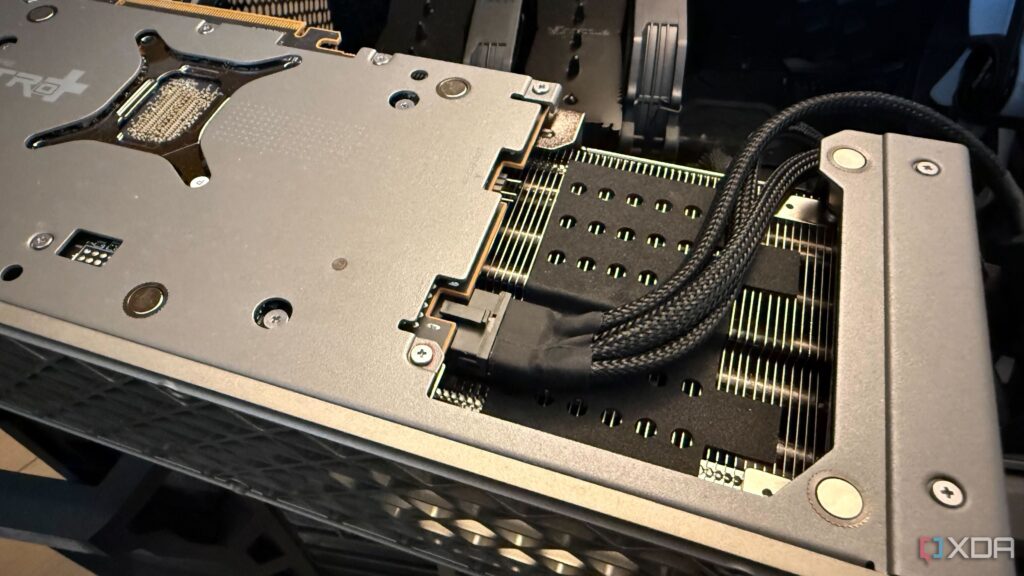
URGENT UPDATE: A critical shift in how we evaluate PC gaming performance has just been revealed, and it’s shaking the foundations of component selection. Experts confirm that the clock speed—often the most highlighted figure in CPU and GPU specifications—has become less relevant in determining actual performance.
In the fast-evolving world of gaming PCs, consumers are bombarded with technical jargon, but recent insights indicate that clock speed is not the definitive measure it once was. With various components now boasting advanced architectures, understanding the true performance metrics is essential for gamers and builders alike.
New reports confirm that comparing clock speeds across different brands and generations offers little insight into real-world performance. For instance, while the Ryzen 7 7800X3D may not turbo boost higher than Intel’s i9-12900KS, it consistently outperforms it in gaming thanks to superior cache and architectural advancements. Similarly, AMD’s RX 7900 XTX can achieve higher core frequencies than NVIDIA’s RTX 4090, yet still lags in frame rates.
The crux of the matter lies in a key metric known as IPC (instructions per clock). This number determines the efficiency and effectiveness of a processor, often overshadowing clock speed. Modern CPUs and GPUs leverage enhanced designs, cache hierarchies, and memory bandwidth, making architecture a far more significant factor in performance than raw frequency.
As the industry moves forward, clock speeds have stagnated around the 5GHz mark, first reached over a decade ago with the AMD FX-9590. The emphasis on achieving higher frequencies is now overshadowed by the need for sustained performance under load, which is heavily influenced by cooling capabilities, power delivery, and overall design.
Despite the ongoing myth that higher clock speeds equate to better performance, experts warn that this perception can mislead buyers. The boost clock figures advertised are often best-case scenarios, as real-world conditions fluctuate based on temperature and power constraints.
There are niche scenarios where clock speed still plays a role, particularly in single-threaded applications like simulation and strategy games. However, for the majority of modern gaming workloads, architecture and efficiency reign supreme.
Gamers and PC builders are urged to rethink their component selection strategies. Focusing solely on clock speed can lead to missed opportunities and suboptimal builds. The performance landscape has changed, and understanding these new dynamics is crucial for anyone looking to build a competitive gaming rig.
As the conversation around PC performance continues to evolve, enthusiasts and casual gamers alike must stay informed about the latest developments. The shift away from clock speed as a primary metric is not just a trend; it’s a fundamental change in how we assess computing power in the gaming world.
Expect further insights and updates in the coming weeks as more experts weigh in on this crucial topic. For anyone investing in gaming hardware, the time to adapt is NOW. Share this article to spread the word about this significant change in PC building!






